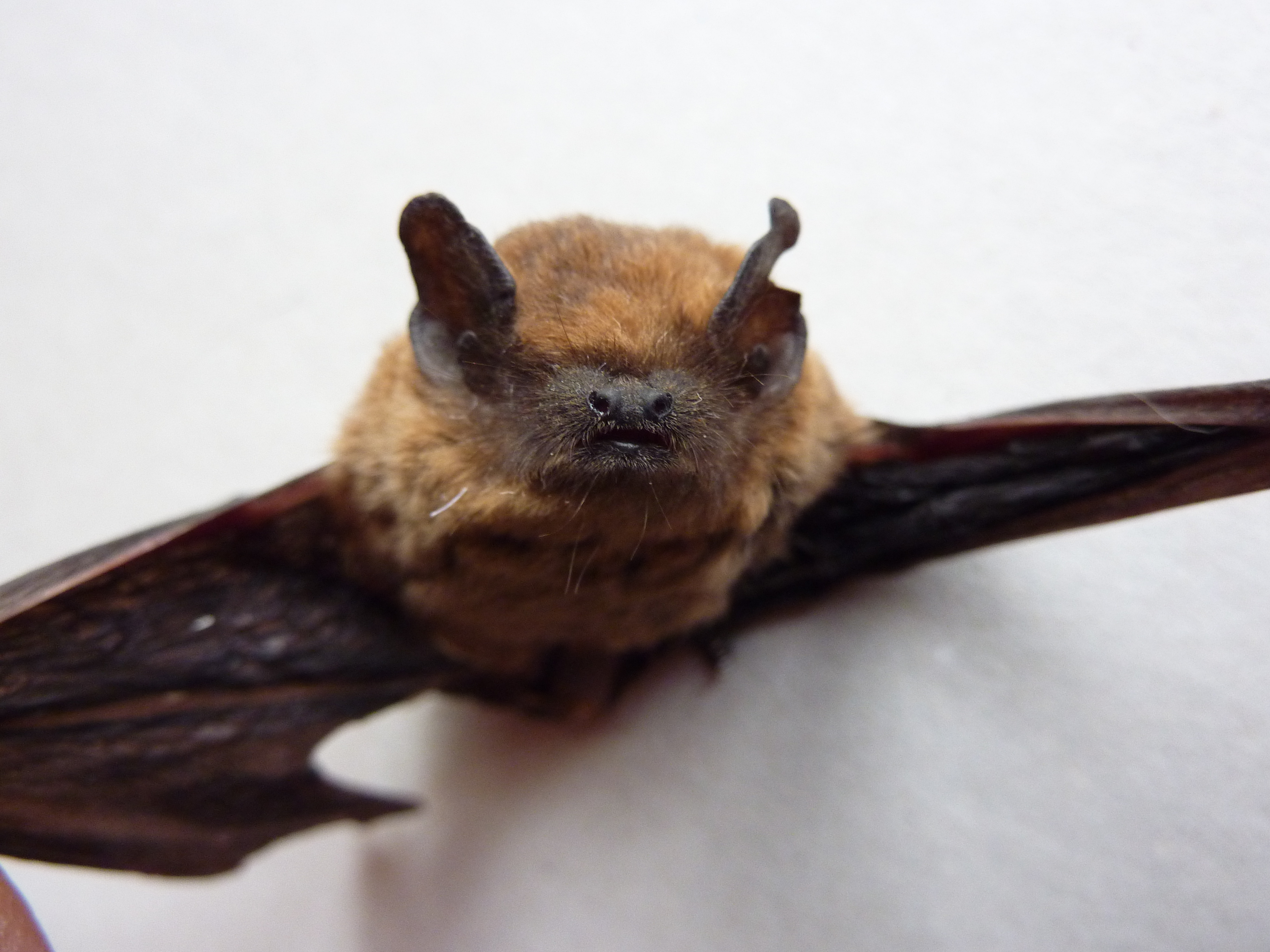Cotton is a multibillion-dollar industry but insects who prey upon crops can be devastating. Massive use of pesticides is both harmful to the environment and expensive. Conservation biological control is an alternative and sustainable method that seeks to encourage natural enemies such as predators of insect pests in agroecosystems. Ben-Gurion University of the Negev scientists investigated the feeding habits of Kuhl's pipistrelle, a small bat that roosts and forages in urban and agricultural habitats. They found that the bat preyed upon a number of different insects that threaten crops and livestock. Among them, one of the most destructive pests of cotton crops, the pink bollworm.
Their findings were published yesterday in Molecular Ecology.
 |
Kuhl's pipistrelle (Photo Credit: Salix / Wikimedia Commons / CC BY-SA 3.0 ) |
The lead author is a former Masters student Yuval Cohen, supervised by Prof. Carmi Korine and Dr. Shirli Bar-David of the Mitrani Department of Desert Ecology (MDDE), the Swiss Institute for Dryland Environmental and Energy Research (SIDEER), Jacob Blaustein Institutes for Desert Research (BIDR) at BGU, in collaboration with Martin Nielsen and Dr. Kristine Bohmann of the Section for Evolutionary Genomics, Natural History Museum of Denmark, Copenhagen.
The team used DNA traces of prey found in the droppings of bats to identify which insects they ate. They discovered that as the pink bollworm population increased, the bats hunt them more than other insects. This is especially important as pink bollworm is a growing concern to cotton farmers around the world since it is capable of developing resistance to pesticides and genetically modified cotton. “Our study highlights the benefits of insect-eating bats that are abundant in human habitats but their contribution to humans was poorly known," says Yuval Cohen. Prof. Korine and Dr. Bar-David add "We recommend that farmers adjust their thinking and consider bats their good friends."
Moreover, Kuhl's pipistrelle feeds on a range of other potential disease transmitters such as mosquitos or bothersome insects such as midges. The findings indicate that the bats could potentially contribute to suppressing additional unwanted insects around humans.
The results offer important evidence of the crucial ecosystem service provided by a common bat species. "We should be aware of the functional importance of common species of bats in urban environments for ecosystem functioning and human society. Particularity now when bats are negatively and often unjustifiably stereotyped due to COVID-19," adds Prof. Korine. The study is part of ongoing research on the role of insect-eating bats in pest suppression in other agriculture systems such as corn, vineyards, apples and date plantations carried out by Prof. Korine's group.

Above: Kuhl's pipistrelle's roosts near cotton fields (Photo Credit: Prof. Carmi Korine)
The research took place in cotton fields in Emek Hefer, Israel with the assistance of the Israel Seeds Ltd., the Israel Cotton Board Ltd and regional cotton pest consultants.
YC was supported by a graduate student fellowship from the BIDR. KB was supported by the Independent Research Fund Denmark.
Media Coverage:
The Times of Israel
Breaking Israel News